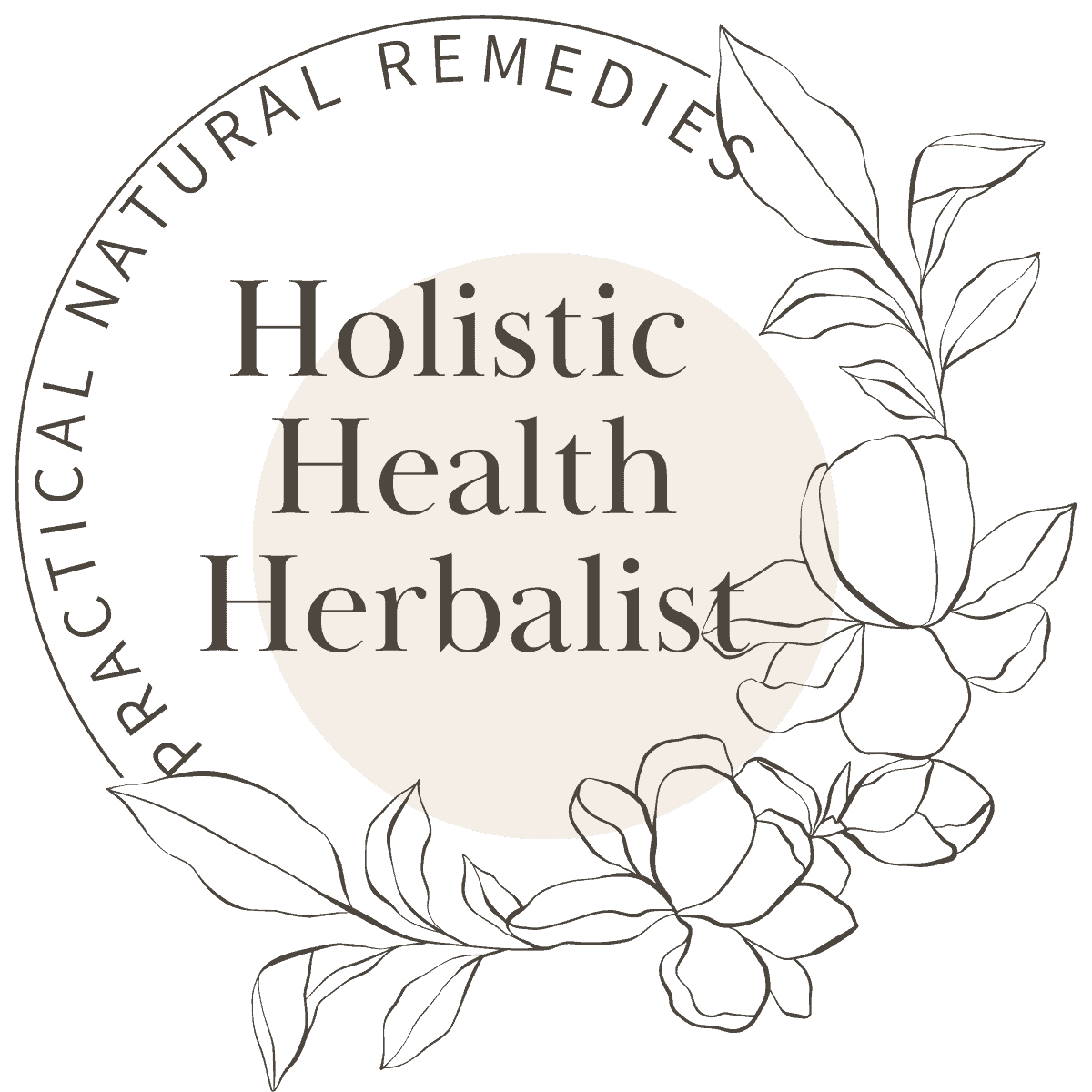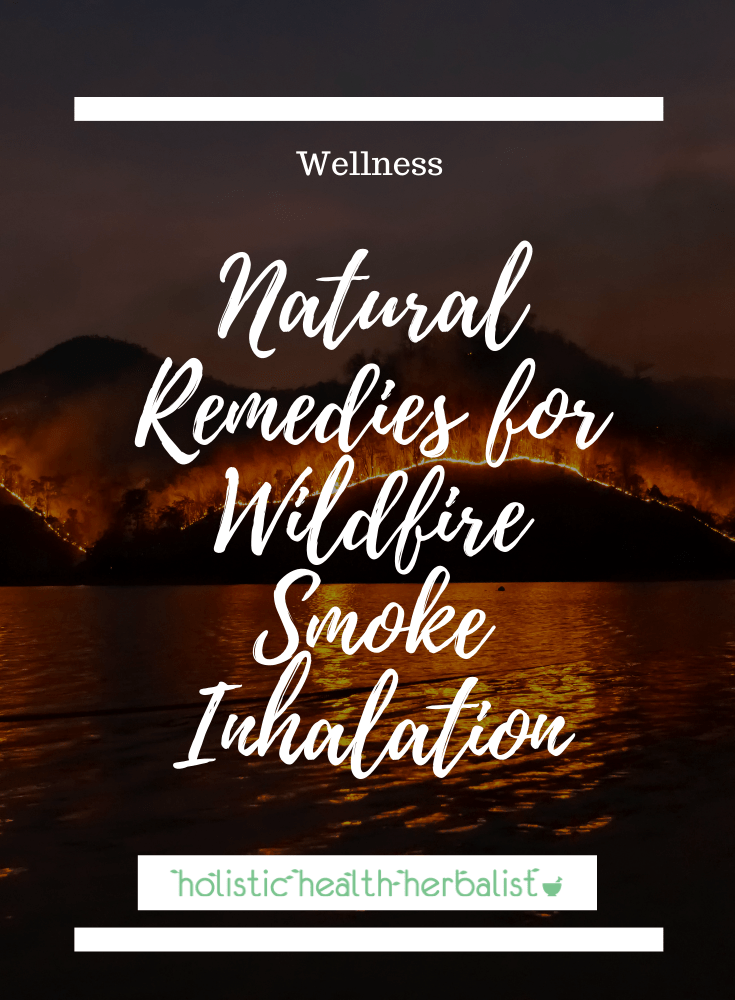It’s been a hot and dry year thus far in SoCal resulting in some of the largest wildfire blazes in California history. The current air conditions (as of Sept. 2020) range from unhealthy for sensitive groups to hazardous, leaving many residents no choice but to stay indoors and avoid the smoke.
The Bay Area in particular has experienced some of the worst air quality conditions on record. If you are in areas where wildfires are burning, then you know how it feels to desperately want fresh air in your home and be able to breathe comfortably again.
Thankfully, there are quite a few things you can do in order to improve air quality indoors as well as a few tried and true remedies that help restore respiratory comfort.
The Best Remedies for Smoke Inhalation
This time of year is known for its heat and dryness, two conditions that when combined make the perfect storm when it comes to wildfires.
Breathing in the smoke can cause spasmodic coughing, burning lungs, sinus irritation, allergies, and even headaches. However, with a few kitchen remedies, you can help mitigate the effects smoke has on your respiratory system, most of which you may already have on hand!
Reduce Your Exposure
First and foremost, it’s best that you limit your exposure to wildfire smoke by staying indoors whenever possible.
If you must go outside, you can either wear an N95 mask (which can help filter the smoke) or just finish up what you need to do outside as quickly as possible and only if you absolutely need to.
Additionally, you should recycle the air in your car while driving to help reduce smoke exposure.
Use an Air Purifier
In your home, I highly recommend picking up a HEPA air purifier. There are many brands and styles to choose from that can help filter the air in both small and large rooms.
You can read all about my favorite air purifier HERE.
A few others I recommend looking into include:
Run a Humidifier
Running a humidifier in your home will also greatly reduce smoke. The water vapor in the air attaches itself to smoke and dust particles making them fall to the floor. All you have to do is do a quick mop/ wipe down on hard surfaces and vacuum rugs and carpet vacuum once a day to remove the smoke particles from your home.
If you’re good about keeping your windows closed, you may only have to do this a few times. However, if you notice more dust than usual, try to do this daily.
And speaking of windows, I think it goes without saying that when air quality conditions are bad outside, you should keep them closed until conditions improve.
I recently had to keep my house completely closed up for a week because the smoke was so bad outside. Thankfully, I have two good air purifiers, a humidifier, and a number of essential oil diffusers, as well as a ton of house plants to help keep the air feeling fresh.
And there’s another tip! If you don’t have a humidifier, simply use any essential oil diffusers you have as a substitute by filling them with water only and running them.
If you wish to use EOs, consider lung soothing oils like eucalyptus or peppermint.
Fill Your Home with Plants!
House plants like snake plants, aloe vera, and peace lily are known for their air-purifying benefits so I like to have these in the bedroom to help boost oxygen levels.
Simple Kitchen Medicine You Can Try
Fresh Beet Juice
Raw beets have the ability to increase lung capacity and exercise tolerance which is why you see beets used in many professional athlete formulas. This is because it contains plenty of nitrates which are known to improve muscle performance. Since the diaphragm is muscular in nature, it also improves breathing functionality.
To use fresh beets you can either juice them or add them raw to salads.
Fresh Citrus
The peel of fresh citrus fruits contain some pretty impressive expectorant properties and one of the easiest ways to use it is to slice up a lemon or an orange and pour boiling water over it. Steep it for a good 20 minutes and drink it like tea. If you can, try eating some of the slices.
You can also add the fresh or dried peel of an orange to your tea to get a similar effect.
One of my favorite ways to use citrus peel while also taking advantage of its vitamin C is to add the dried peel to raw honey. This will infuse the honey with vitamins, minerals, and some of that essential oil in the peel.
You can use fresh citrus peel, be watch out for mold growth! You generally always want to use dried additives to honey to avoid botulism.
Citrus peel, especially orange peel, is known to help combat wet coughs where the lungs feel “boggy” and heavy with mucus. It is also very soothing for irritated mucus membranes like the throat when too much smoke has been inhaled.
Fresh Ginger Root
Ginger root has warming and expectorant properties that are good for irritated lungs where clear or white mucus is present.
It can be especially soothing to drink a strong ginger tea by grating a large knob of ginger and pouring boiled water over it. Let the ginger steep, covered, for a good 15-20 minutes to make a nice strong tea. Add some raw honey to sweeten if desired.
You can read about how to make my favorite ginger tea HERE.
Additionally, you can enjoy the benefits of ginger by adding it to curries, stir fry, and marinades.
Fresh Raw Garlic
Eating fresh raw garlic helps thin mucus and soothe the airways. If your smoke inhalation has gone so far as to cause a lung infection, you can count on garlic to help clear it up!
You can either eat a raw clove of garlic with a meal or add a bunch of fresh cloves to a jar and top it with raw honey. Let the cloves “steep” in the honey for at least a few hours (preferably a few weeks) and take the honey as you would cough syrup.
Fresh Thyme
This is another unassuming kitchen remedy that people often forget about. Thyme, especially fresh thyme, is a rather effective expectorant that is also soothing for the respiratory system.
You can take a few sprigs and strip the leaves into a tea strainer to make a tea (steep, covered, for 15 minutes) or you can add freshly dried leaves to raw honey and allow that to macerate for a few weeks before use.
Either way, the thyme will help open up the lungs and make expelling mucus much easier. The tea can be a bit intense, but the honey is actually quite lovely and makes for a great cough syrup.
Neti Pot
Using a neti pot is one of the best ways to help wash away smoke particles and other impurities you may have breathed in during fire season. It helps soothe inflamed mucus membranes and irritation which will greatly reduce sneezing, sinus pressure, watery eyes, and runny nose.
If you don’t have a neti pot, consider picking up a good saline spray. While it won’t rinse your sinuses like a neti pot, it will coat your sinuses with a stronger solution of saline which is quite relieving.
Raw Honey
Raw honey, even just by itself, is a fantastic remedy for irritated tissues. It’s a powerful humectant, meaning it restores moisture and has the ability to soothe the throat and lungs when taken like cough syrup or when added to tea.
Try slicing a lemon and adding a good spoonful of raw honey to a mug. Steep covered for 15 minutes.
This tea sounds simple but it packs a powerful punch where throat irritation is concerned! It will even help suppress a dry cough.
Herbal Remedies with a Bit More Oomph
Licorice Root
Licorice root is known for its strong antispasmodic properties in regard to the respiratory system. This is why it’s found in many Throat Coat teas because it’s so soothing for the lungs and throat.
However, this herb has many contraindications! Make sure you are not pregnant or have hypertension, edema, heart issues, kidney issues, or low potassium levels.
If you’re all clear, the easiest way t use this herb is to pick up Throat Coat by Traditional Medicinals.
Lobelia
This is another VERY powerful herb and should be used only if your circumstances are quite dire. For example, maybe you are in an area where you had had to evacuate at a moment’s notice and the smoke is thick in the air. If you have been exposed to breathing in this type of air then your lungs and throat will feel very irritated indeed and you may have trouble breathing.
Lobelia is an herb that works in SINGLE DROP increments for spasmodic coughs. If you take a bunch of this herb thinking that more is better you will become extremely nauseous.
This herb is taken as a tincture, generally starting at about 5-8 drops up to 3 times a day.
Why is it even worth taking? Because it’s probably one of the best herbs for relaxing the airways, clearing out mucus, and stimulating normal breathing. It is often used for more serious lung conditions like bronchitis and pneumonia but is also very helpful for smoke inhalation.
Do not take lobelia is you are pregnant or breastfeeding.
You can get lobelia tincture HERE.
Marshmallow Root
This is a demulcent herb that helps moisten and coat mucus membranes. This makes it an excellent herb for dry cough and overall dryness in the lungs and throat. It feels like a much-needed drink for your respiratory tissues and is quite soothing.
The only downside is this herb, when used properly, takes on a rather slimy consistency. If you can handle it, you will be rewarded with restored lung function within just a few doses.
This herb is best taken as a tea (about 1 teaspoon for an 8oz mug) that has been steeped for long periods of time, preferably an hour. Drink this 3-4 times a day and experience just how awesome this herb really is!
I like to use this tea since it makes things easy otherwise you can take it in capsule form as long as you drink plenty of water.
Mullein Leaf
Mullein is yet another demulcent herb that helps moisten dry and irritated tissues. The saponins in this herb are responsible for its expectorant properties. It soothes the bronchioles and helps the body expel irritants from the lungs.
It is also incredibly soothing for a dry sore throat.
I find it easiest to take this herb as a tea which you can find here.
Slippery Elm
This is one of my favorite demulcent herbs simply because it’s the best tasting one! It’s fantastic for those dry and hacking coughs (the kind that tickle and keep you up at night) as well as sore throat.
I enjoy taking this herb as a pastille.
Valerian Root
Speaking of dry and tickly coughs at night, valerian root is an excellent herb to use during this time. Since it is a powerful sedative and antispasmodic, it helps reduce the urge to cough while also helping you get a bit of sleep.
If your main complaint is that dry tickly cough that won’t go away, then this is the herb I would recommend. I like using it in tincture form.
Wild Cherry Bark
Wild cherry bark is one of the most common herbs you will find in herbal cough syrups and for good reason!
It contains potent expectorant and decongestant properties that help clear away mucus, relaxes lung tissues and cough reflex, and help stimulate lymphatic drainage. It is both warming and cooling in nature and helps mitigate redness, inflammation, and soreness of mucus membranes.
I like to take this herb as a syrup. You can pick up my favorite wild cherry bark syrup here.
Homeopathic Remedies for Smoke Inhalation
The homeopathic remedies below can be taken based on your specific needs in regards to smoke inhalation and exposure.
I recommend taking 30C 3 times daily until symptoms improve.
Arsenicum
Indicated for:
- Anxiety about the unknown
- Burning and streaming eyes
- Dry hacking cough that is worse at night
- Runny nose with burning sinuses
You can get Arsenicum here.
Euphrasia
Indicated for:
- Daytime cough
- Runny nose
- Smoke exposure with eye and nose irritation
- Streaming eyes when coughing
- Streaming eyes with swollen eyelids, redness, and burning
You can get Euphrasia here.
Kali bichromicum
Indicated for:
- Bronchial mucus is dry and sticky when coughed up
- Painful and sore coughing
- Serious smoke exposure with very irritated eyes and lungs
- Sinuses feel swollen, raw, painful and exposed
- Very dry sinuses with blocked mucus that comes out very sticky
You can get Kali bichromicum here.
Natrum muriaticum
Indicated for:
- Blocked sinuses that feel painful
- Dry and painful eyes that worsen when exposed to smoke
- Hacking cough
- Headache
- Lungs feel as if they are full of smoke irritants
You can get Natrum muriaticum here.
Silicea
Indicated for:
- Dry and irritated cough (yellow mucus)
- Lost sense of smell and taste due to blocked nasal passages
- The feeling of something stuck in your throat
You can get Silicea here.
You may also enjoy reading:
Dry Cough Remedies Using Herbs
20+ Sore Throat Remedies for Quick Relief
Herbal Remedies for Dry Sinuses








Leave a Reply